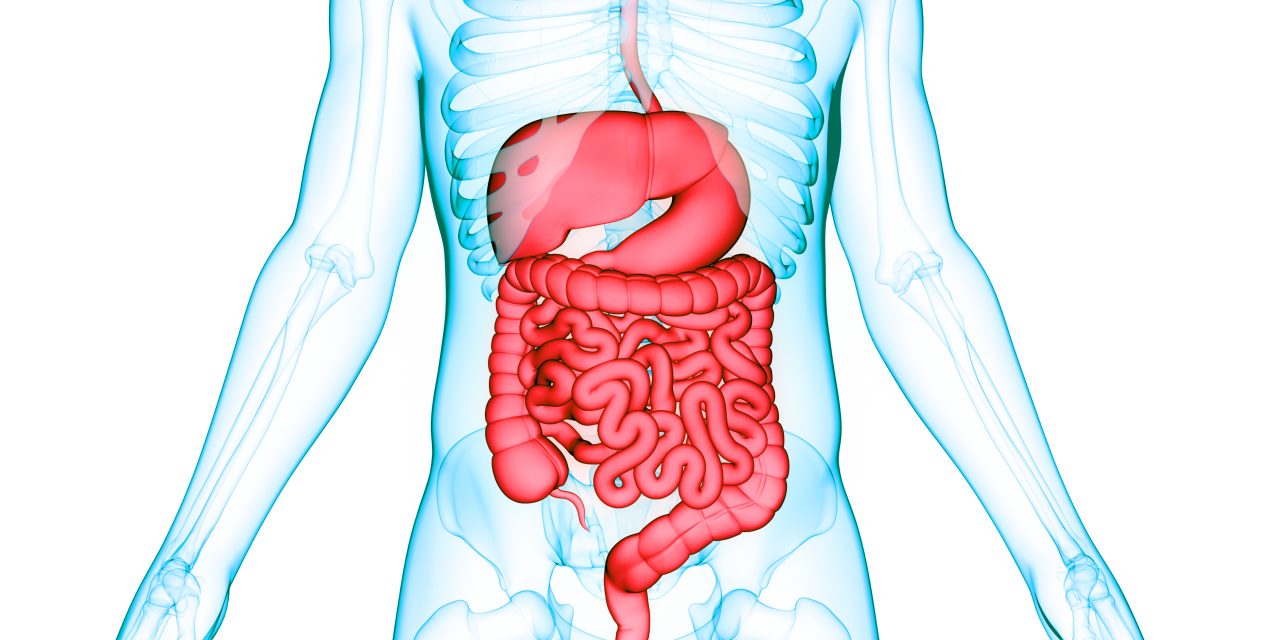The trigger hypothesis opens the possibility of anti-flare-initiation therapies by stating that ulcerative colitis (UC) flares originates from inadequate responses to acute mucosal injuries. However, experimental evidence is restricted by a limited use of suitable human models. We thus aimed to investigate the acute mucosal barrier injury responses in humans with and without UC using an experimental injury model.
A standardized mucosal break was inflicted in the sigmoid colon of 19 patients with UC in endoscopic and histological remission and 20 control subjects. Post-injury responses were assessed repeatedly by high resolution imaging and sampling to perform Geboes scoring, RNA sequencing, and injury niche microbiota 16S rRNA gene sequencing.
UC patients had more severe endoscopic post-injury inflammation than controls (p<0.01), an elevated modified Geboes score (p<0.05), a rapid induction of innate response gene sets (p<0.05) and anti-microbial peptides (p<0.01), and engagement of neutrophils (p<0.01). Innate lymphoid cells type 3 (ILC3s) markers were increased pre-injury (p<0.01) and ILC3 activating cytokines were highly induced post-injury resulting in an increase in ILC3 type cytokine IL-17A. Across groups, the post-injury mucosal microbiome had higher bacterial load (p<0.0001) and lower α-diversity (p<0.05).
UC patients in remission respond to mucosal breaks by an innate hyper-response engaging resident regulatory ILC3s and a subsequent adaptive activation. The post-injury IBD-like microbiota diversity decrease is irrespective of diagnosis suggesting that the dysbiosis is secondary to host injury responses. We provide a model for the study of flare initiation in the search for anti-trigger directed therapies.
Copyright © 2021 The Authors. Published by Elsevier Inc. All rights reserved.
Acute experimental barrier injury triggers ulcerative colitis specific innate hyper-responsiveness and ulcerative colitis-type microbiome changes in humans.


